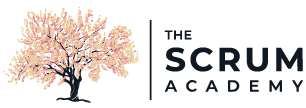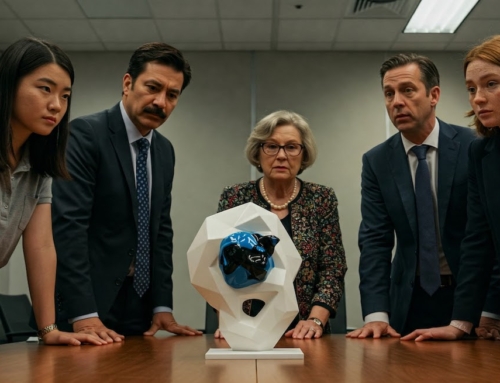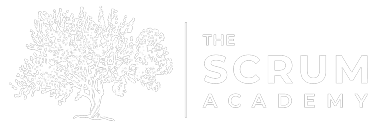
Self-Study Leadership Program for Scrum Masters
For many people, a Certified Scrum Master (CSM) course is the start of their Agile journey. However, because CSM was originally designed to be an introductory course on Scrum, a lot of time in that class is spent unlearning bad habits and dispelling myths. We don’t really talk about what it means to be a great Scrum Master. For those who are inspired to become a great Scrum Master, the next step in the professional journey would be to take an A-CSM course, either live online or in-person.
But what if you don’t have the time to take another course? Or maybe you prefer to study on your own over a few months? For such learners, we’ve created a program consisting of a reading list where you can dive deeper into understanding why Scrum works, how to design and facilitate effective meetings and practice skills you need to become a great Scrum Master.
Here are six books, taken from our deep-dive Scrum Master immersion program, that we use when our clients want to develop their next generation of leaders. I believe all of these books work well as a self-study program and, like our clients, will broaden your leadership skills and put you on the journey to become a great Scrum Master.
- Agile Retrospectives: if you are looking for an instruction manual about how to organize and design retrospectives that consistently deliver results, Diana Larsen and Esther Derby have the book for. Now that there is a second edition that discusses online retrospectives, every Scrum Master should have a copy of this book!
- Facilitator’s Guide to Participatory Decision-Making: time is the only most important nonrenewable resource available to a Scrum Team, so if your team spends a lot of time in meetings that time better be well spent. This book by Sam Kaner, and colleagues, explains why most meetings struggle and offers practical techniques to help improve meeting design, facilitation, conflict resolution and develop inclusive solutions. Like Agile Retrospectives, every Scrum Master must have a copy of this book.
- Crucial Conversations: one of the best books on interpersonal communication that I have ever come across. What I like most about this book is that it reveals how becoming a great communicator is a skill that can be learned by practicing the steps outlined in the book.
- Seven Pillars of Servant Leadership: twenty years ago when I took my CSM course from Ken Schwaber, he stated, “A Scrum Master is a Servant-Leader”. Unfortunately, I did not immediately grasp what he was talking about. This easy-to-understand book by James Sipe and Don Frick, two thought-leaders from the Servant Leadership community, describes what Ken Schwaber only hinted at in 2005.
- Switch: so much has been written on the topic of change management, it is hard to know where to begin; this book provides a change framework that I find surprisingly accessible for Scrum Masters and Scrum Teams. Using multiple easy-to-understand examples and anecdotes, Dan and Chip Heath will help you motivate people for change, script the early moves and provide encouragement to sustain them while learning new behaviors.
- Lean from the Trenches: in addition to being experts on Scrum, Scrum Masters need to be knowledgeable about other Agile processes. In this book, Henrick Kniberg walks you through a case study of how a government project used Lean Thinking and Kanban to deliver a high-quality system in record time.





